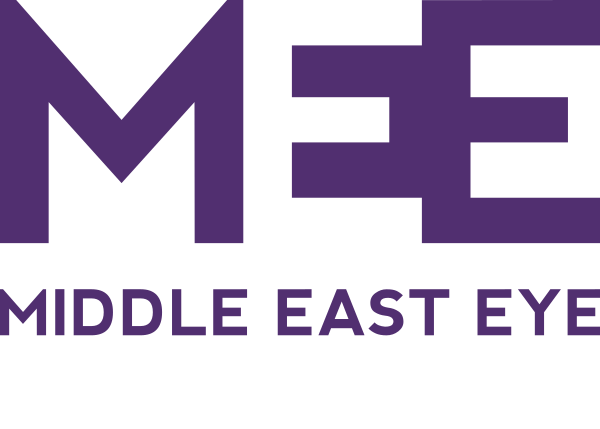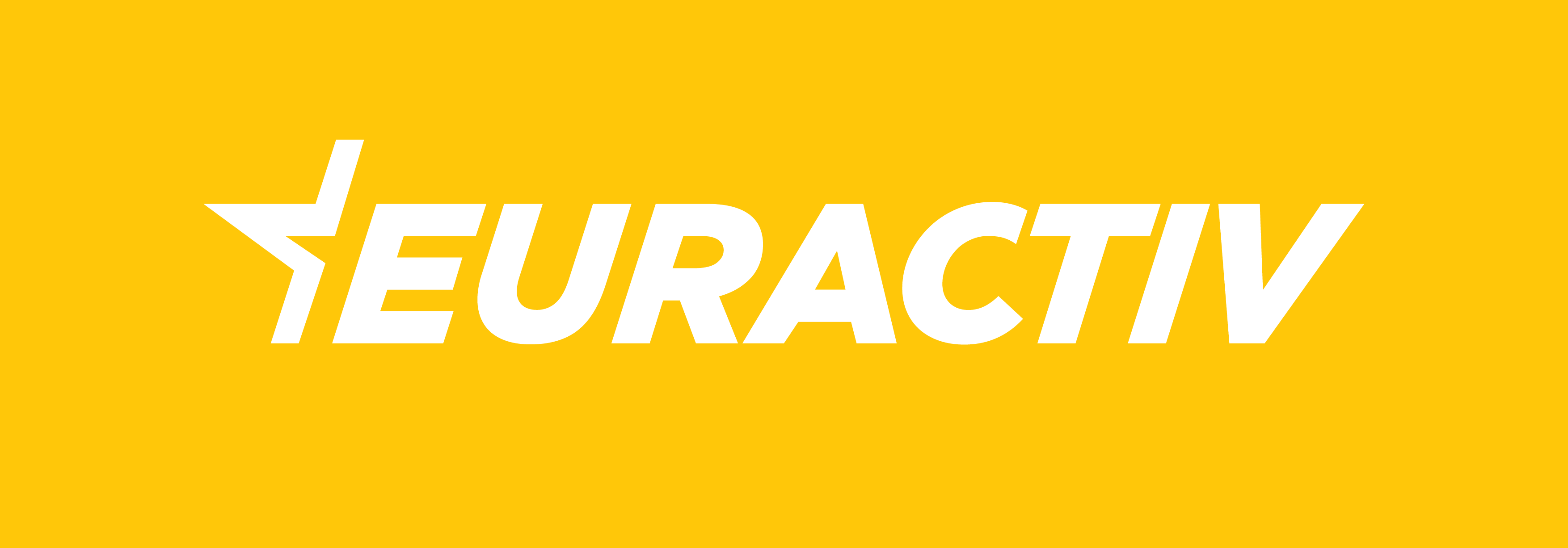In the press
Our work is regularly featured in the press in Europe and beyond.

El presupuesto europeo destinado a seguridad y defensa aumenta un 123%
Público, 16 May 2022.

L’investimento senza precedenti dell’Ue su difesa e frontiere: a uguaglianza e diritti le briciole
Altreconomia, 12 May 2022.

Frontex arme de plus en plus ses agents pour les années à venir
InfoMigrants, 25 April 2022.

Europe Is Building a Huge International Facial Recognition System
Wired, 6 April 2022.

UK Official Secrets Act Proposals Take Cues From US Espionage Act Cases
The Dissenter, 9 February 2022.

Human rights groups slam Egypt-EU joint bid to head counter-terrorism agency
Middle East Eye, 25 January 2022.

EU plans joint bid with Egypt to lead global counter-terrorism body
Middle East Eye, 21 January 2022.

As EU Pours Money Into Libya to Tackle Migration, is Bloc Ignoring Human Rights Abuses?
Sputnik, 20 December 2021.

Turkish Military Targeted by Sinister Algorithm Following 2016 Coup
Bylines Times, 15 December 2021.

Mehrere EU-Staaten drängen auf neue EU-weite Vorratsdatenspeicherung
Heise, 2 December 2021.

Föräldrar till barn med Downs syndrom riskerar sparken i Turkiet
Arbetet, 30 November 2021.

EU border agency deported record number of people in first half of 2021
The Guardian, 29 November 2021.

Turkish Army Uses Algorithm to ‘Persecute’ Gulenists: Report
Balkan Insight, 25 November 2021.

Government plans imminent legislation for digital visas
Public Technology, 22 October 2021.

Council document hints at progress on cross-border electronic evidence
Euractiv, 20 October 2021.

Europol soll Evakuierte aus Kabul anstellen
An article in Netzpolitik looks at the EU's counter-terrorism action plan on Afghanistan, which was made public by Statewatch.

Auditors: EU migrant return deals 'encourage' arrivals
An article in EUobserver looks at a report by the European Court of Auditors, and cites a document published by Statewatch.
Spotted an error? If you've spotted a problem with this page, just click once to let us know.

